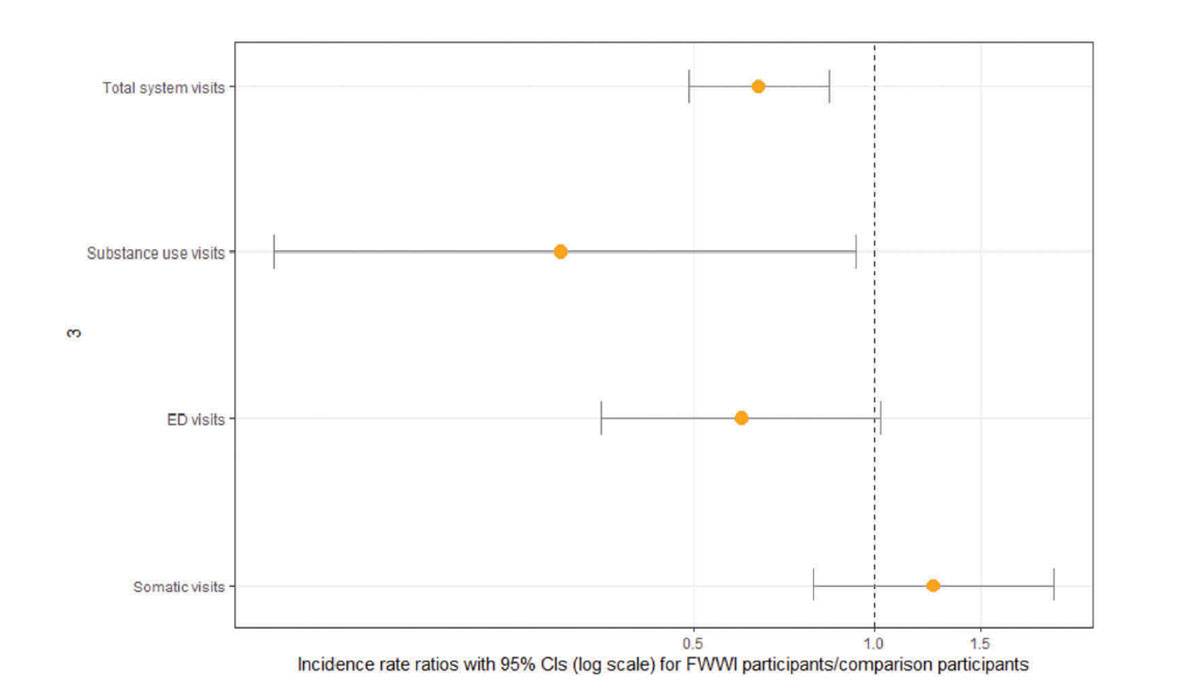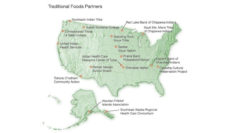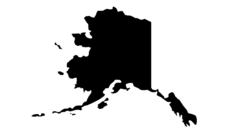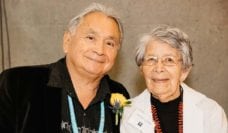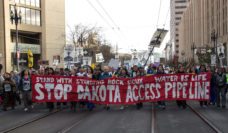Alaska Native and American Indian peoples are more likely to be exposed to traumatic events compared to the general population, including domestic violence, early deaths from suicide, accidents, and injuries. Indigenous communities also carry the multi-generational, chronic trauma of historical oppression and displacement.
These adverse life experiences (ALEs) are associated with depression and other negative mental health outcomes. ALEs also increase the risk of chronic health conditions, such as cardiovascular problems, substance use disorders, and physical pain.
Lily Ray and team investigated whether treating ALEs through an indigenous-centered program affected adults’ decisions to seek medical care. Participants were recruited through Southcentral Foundation – a non-profit tribal healthcare organization based in Anchorage, Alaska. The study compared patients in two different health programs: those enrolled in a culturally-tailored program (called the Family Wellness Warriors Initiative), and those in another behavioral health program outside the non-profit. The Family Wellness Warriors Initiative addresses ALEs using methods grounded in Alaskan Native values, such as storytelling and peer support.
Researchers measured how often participants sought medical care at six months pre- and post-program participation. In the figure, data to the left of the vertical dotted line indicate lower rates of health care visits among those in the culturally-tailored program compared to those in wellness programs outside the non-profit.
The Wellness Warriors Initiative helped reduce participants’ need to seek health care. Patients in the Wellness Warrior Initiative reported greater self-confidence and reduced anxiety and depression, which helped decrease their need for medical attention. They also developed healthy coping skills that lowered their substance use. As a result, participants in the Wellness Warriors Initiative had significantly fewer total health system and substance-use related visits (36% and 70%, respectively) compared to patients enrolled in other behavioral health programs.
The negative physical and mental health impacts of ALEs can be mitigated by culturally-tailored, community programs. Healing from past trauma may reduce the need for medical and substance use care, which could alleviate the burden on resource-strapped health systems in Native communities.
Databyte via Ray L, Outten B, Gottlieb K. Health care utilisation changes among Alaska Native adults after participation in an indigenous community programme to address adverse life experiences: a propensity score-matched analysis. International Journal of Circumpolar Health. December 2020.









